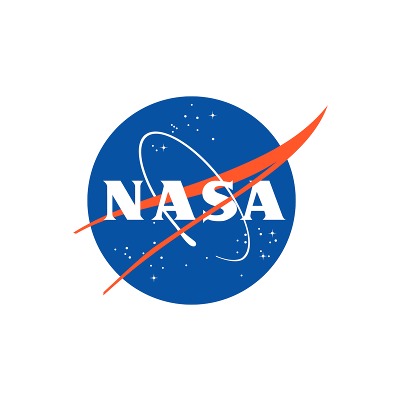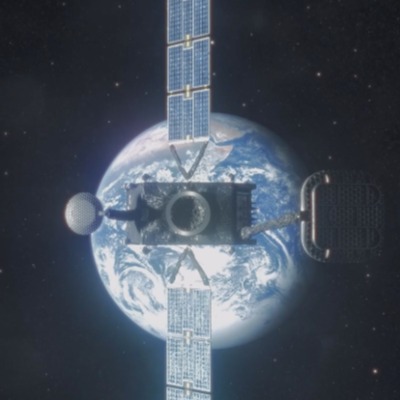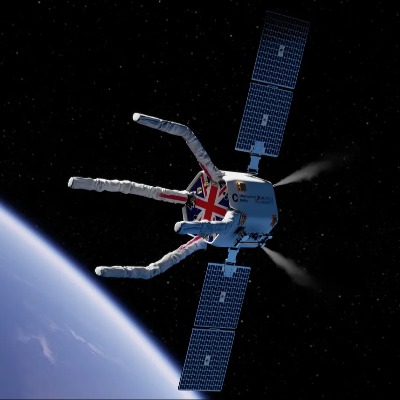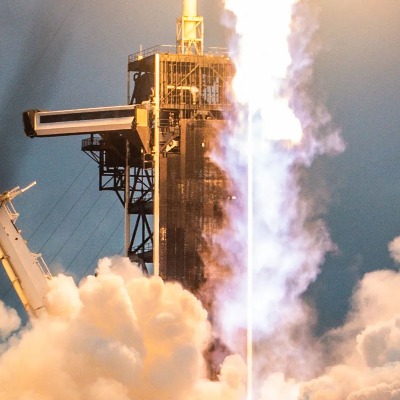SpaceX's Falcon 9 Briefly Grounded Following Failed Landing Attempt
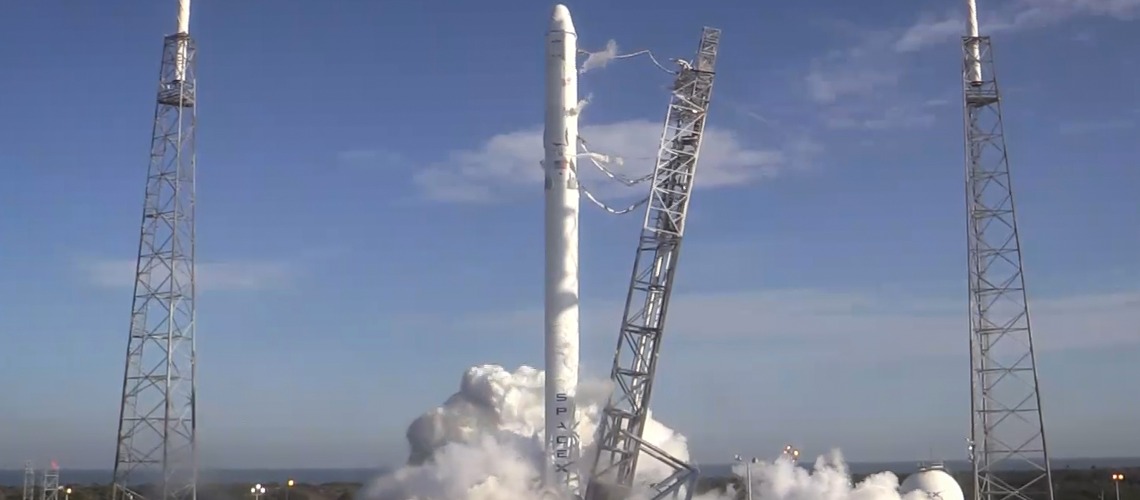
SpaceX has temporarily grounded its Falcon 9 rocket after a failed landing attempt following a recent launch. The decision comes in the wake of an incident where the rocket's first stage was unable to successfully land on a drone ship in the Atlantic Ocean.
That makes the Falcon 9 rocket unable to fly with two key human spaceflight missions on the horizon.
"After a successful ascent, Falcon 9's first stage booster tipped over following touchdown on the A Shortfall of Gravitas droneship," SpaceX said, referring to the large ship the booster was supposed to land on.
“The FAA is aware an anomaly occurred during the SpaceX Starlink Group 8-6 mission that launched from Cape Canaveral Space Force Station in Florida on August 28,” the FAA said Wednesday in a statement. “The incident involved the failure of the Falcon 9 booster rocket while landing on a droneship at sea. No public injuries or public property damage have been reported. The FAA is requiring an investigation.”
"A return to flight of the Falcon 9 booster rocket is based on the FAA determining that any system, process, or procedure related to the anomaly does not affect public safety," the FAA said.
Late on Friday, the FAA officially confirmed that Falcon 9 launches would be permitted once again:
“The SpaceX Falcon 9 vehicle may return to flight operations while the overall investigation of the anomaly during the Starlink Group 8-6 mission remains open, provided all other license requirements are met. SpaceX made the return to flight request on Aug. 29 and the FAA gave approval on Aug. 30.”
The grounding of the Falcon 9 only temporarily disrupted SpaceX's launch schedule. Several commercial and government missions are planned to be carried out using the Falcon 9 rocket in the coming weeks. The company has not yet announced a timeline for resuming Falcon 9 launches.
SpaceX has a history of successful first-stage landings, which have been a key component of its reusable rocket technology. The company's goal is to reduce launch costs by recovering and reusing rocket stages. However, landing attempts can be challenging, and occasional failures are not uncommon in the aerospace industry.
With the FAA's approval, SpaceX is now free to schedule and conduct Falcon 9 launches for both commercial and government missions. The company has a backlog of missions awaiting launch, including satellite deployments, resupply missions to the International Space Station, and upcoming Starlink constellation expansion efforts.
The resumption of Falcon 9 launches is a major boost for SpaceX's business and its ongoing development of future launch vehicles, such as the Starship. It also highlights the company's commitment to safety and its ability to learn from failures and implement necessary corrective actions.

